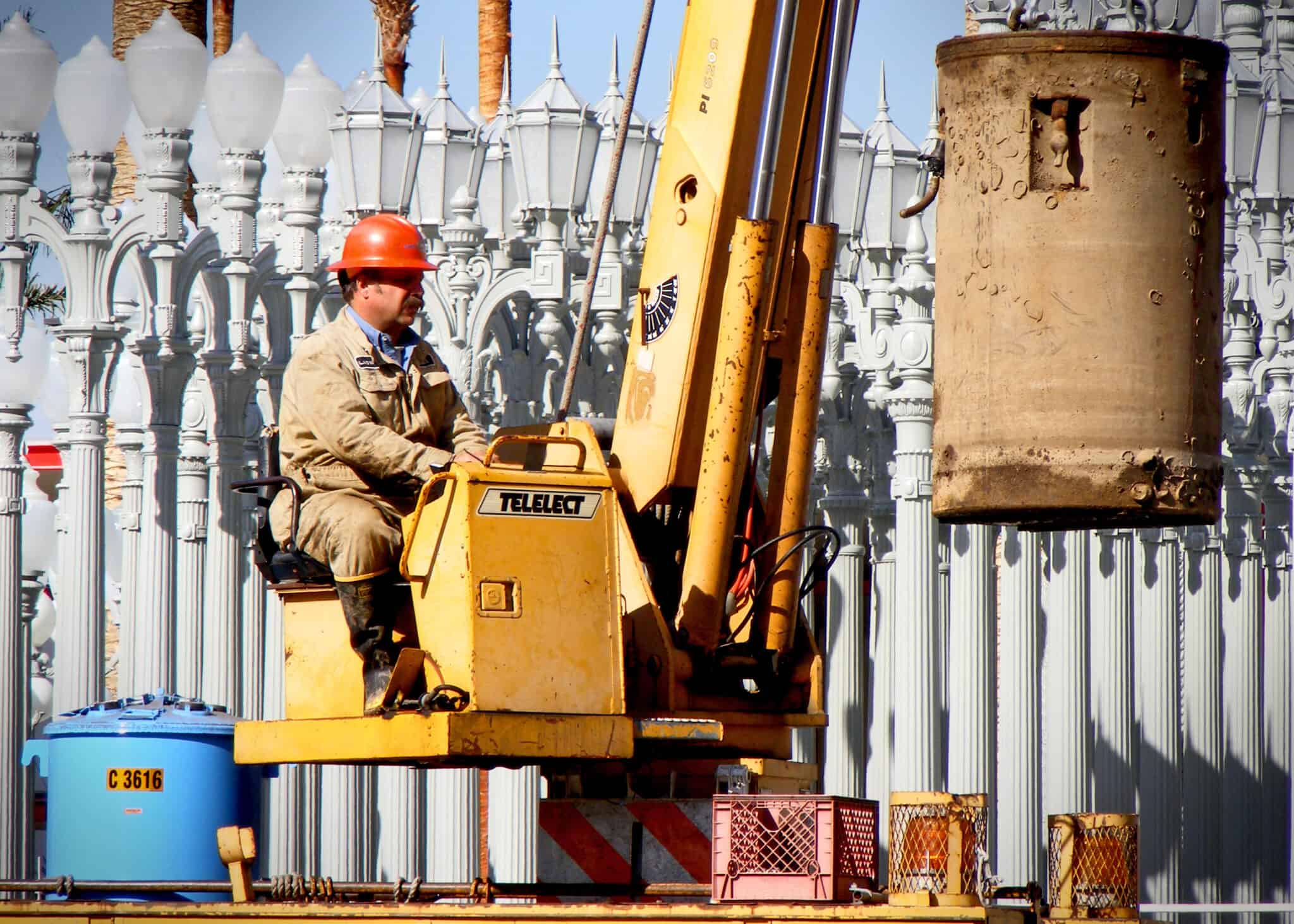
Jon Levitan is a student at Harvard Law School and a member of the Labor and Employment Lab.
The fight over California’s Prop 22 – which made permanent Uber and Lyft’s misclassification of their workers – is not over. A group of gig workers and unions, led by the SEIU, have filed suit in California seeking to overturn the initiative, saying that it violates the state’s constitution. According to the complaint, the California constitution gives the legislature the exclusive right to design a workers’ compensation but Prop 22 impermissibly usurps that by specifically exempting gig workers from the state workers’ compensation system. And the suit also says Prop 22 unconstitutionally usurps the power of the judiciary by defining an “amendment” to the measure in such a way that conflicts with the judiciary’s right and obligation to determine what exactly is an “amendment” to a ballot initiative.
Bob Schoonover, President of SEIU California, said: “[i]f giant corporations are allowed to bankroll ballot initiatives that circumvent the California constitution, it sets a precedent that any right can be rolled back just by spending enough money.” Uber, Lyft, and other tech companies that rely on misclassified labor spent nearly $200 million on Prop 22, outspending opponents by 10 to 1. A California political scientist, David McCuan, was skeptical that the suit would succeed: “[t]he legal challenge on Prop. 22 is an inevitable part of the process,” he told the San Francisco Chronicle. “The majority of those that go on the ballot through popular petition are challenged in court. But courts are reluctant to overturn the will of the voters.”
In other misclassification news, Pennsylvania prosecutors have filed criminal charges against a construction company for misclassifying its workers as independent contractors. Delaware County (which includes much of the Philadelphia suburbs) District Attorney Jack Stollsteimer utilized a 2011 Pennsylvania law that forbids construction employers from misclassifying its workers as independent contractors. Stollsteimer said it was the first time criminal charges had been filed under that law. It’s another example of how local prosecutors and attorney generals have been prioritizing workers rights as the federal government has abdicated its duty to protect workers. While the Pennsylvania law is confined to the construction industry, Stollsteimer said he would be interested in a broader law that covered gig companies.
Zach wrote last week about the formation of the Alphabet Workers Union (AWU), one of the more exciting labor developments of the past year. It’s first week in the public eye has been a success, with the group tripling in size from roughly 230 members at launch to over 700 just a week later. Though it (probably) cannot force Google to the bargaining table, AWU has begun to follow through on its promise to pressure their employer in other ways; this week they’ve called YouTube to ban Donald Trump after he incited a white supremecist insurrection at the U.S. Capitol.






Daily News & Commentary
Start your day with our roundup of the latest labor developments. See all
February 22
A petition for certiorari in Bivens v. Zep, New York nurses end their historic six-week-strike, and Professor Block argues for just cause protections in New York City.
February 20
An analysis of the Board's decisions since regaining a quorum; 5th Circuit dissent criticizes Wright Line, Thryv.
February 19
Union membership increases slightly; Washington farmworker bill fails to make it out of committee; and unions in Argentina are on strike protesting President Milei’s labor reform bill.
February 18
A ruling against forced labor in CO prisons; business coalition lacks standing to challenge captive audience ban; labor unions to participate in rent strike in MN
February 17
San Francisco teachers’ strike ends; EEOC releases new guidance on telework; NFL must litigate discrimination and retaliation claims.
February 16
BLS releases jobs data; ILO hosts conference on child labor.